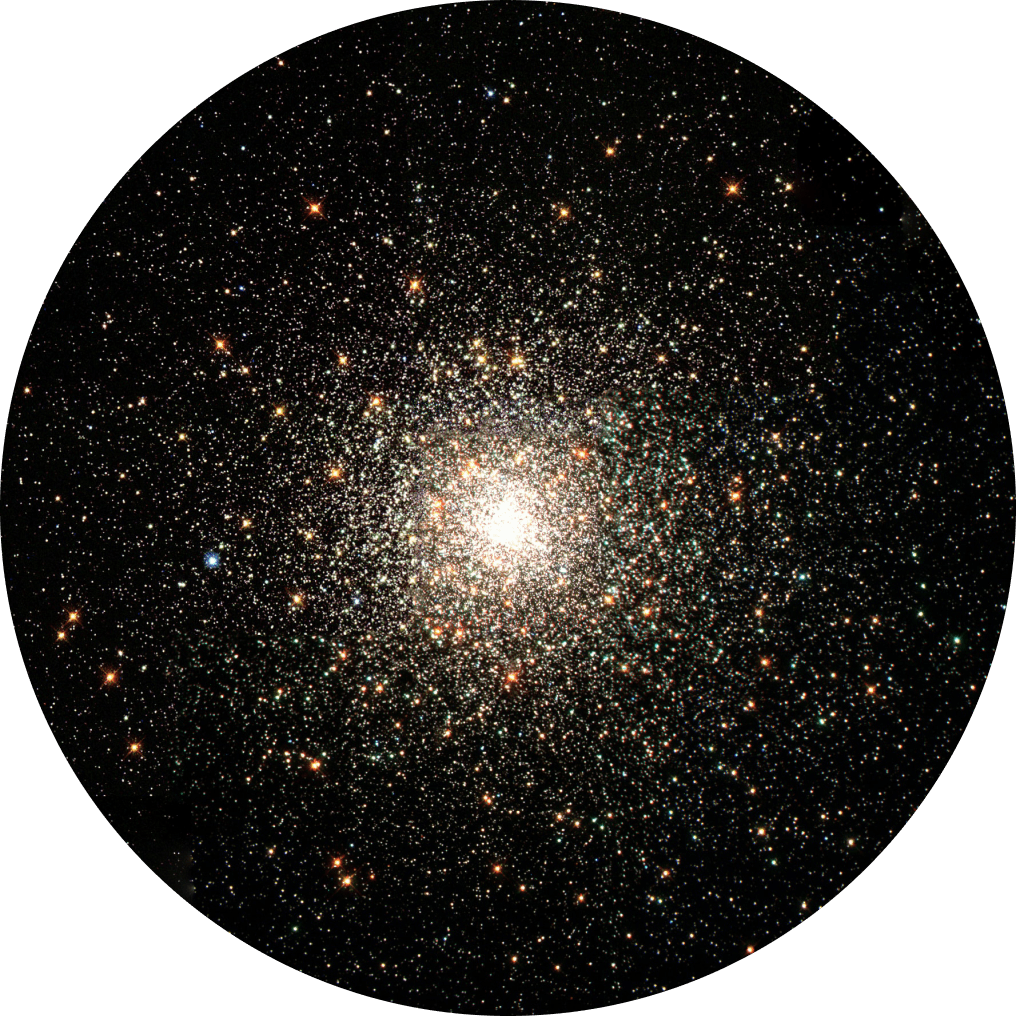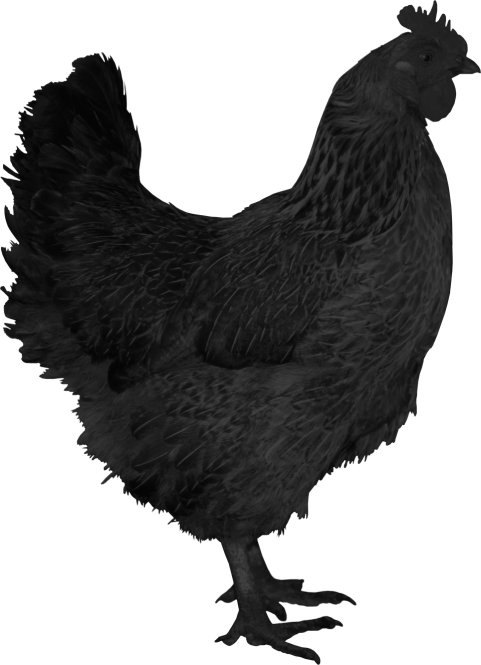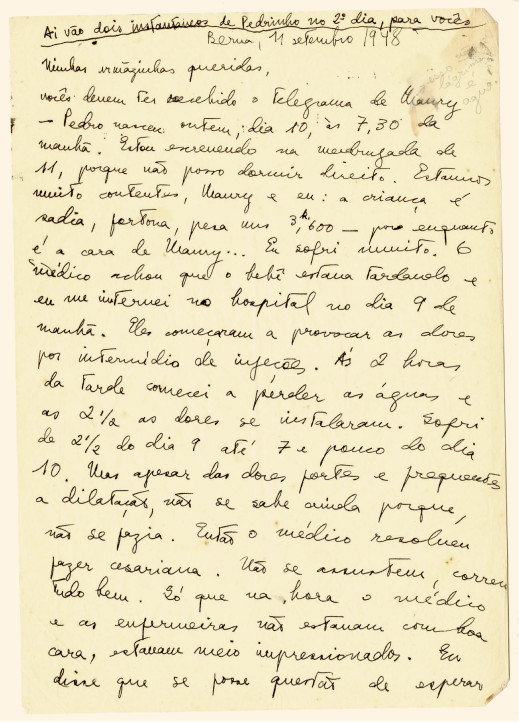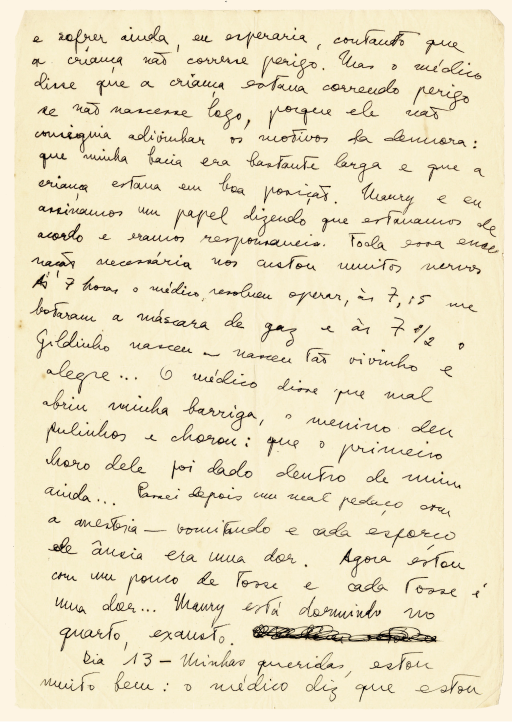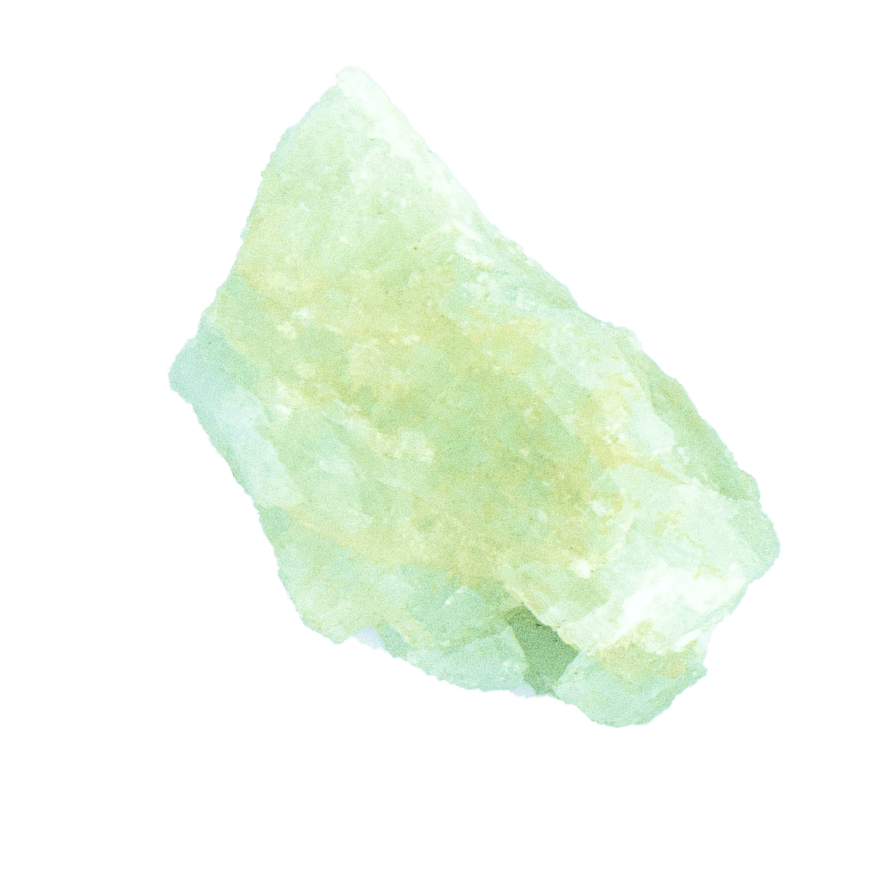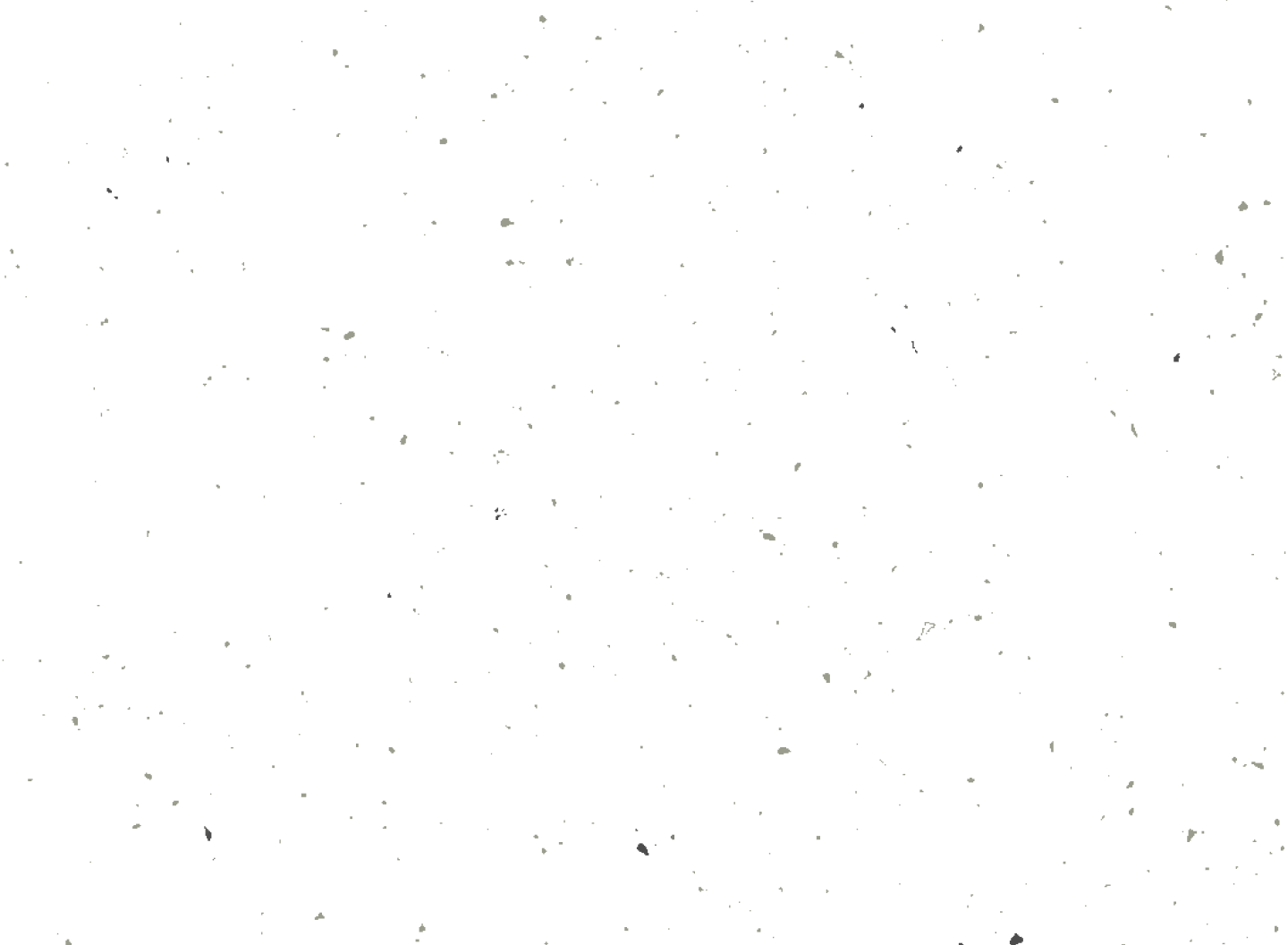The Hour of the Star
All the world began with a yes.
The Hour of the Star
Clarice
Lispector
One molecule said yes to another molecule and life was born. But before prehistory there was the prehistory of prehistory and there was the never and there was the yes. It was ever so. I don't know why, but I do know that the universe never began.
The Hour of the Star
The pre-thought is the pre-instant.
A Breath of Life
The pre-thought
is the pre-instant.
A Breath of Life
Seeing an egg never remains in the present: as soon as I see an egg it already becomes having seen an egg three millennia ago.
“The Egg and the Chicken,” in The Complete Stories
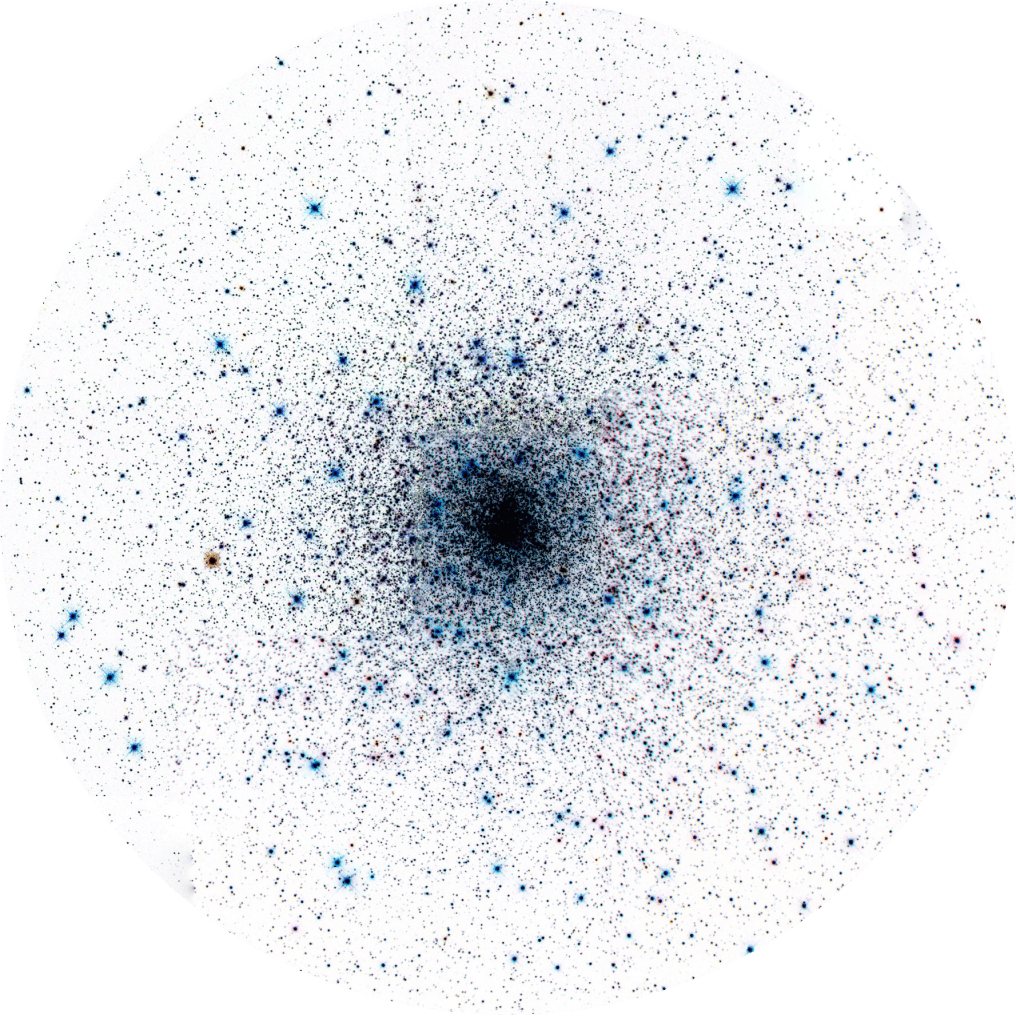
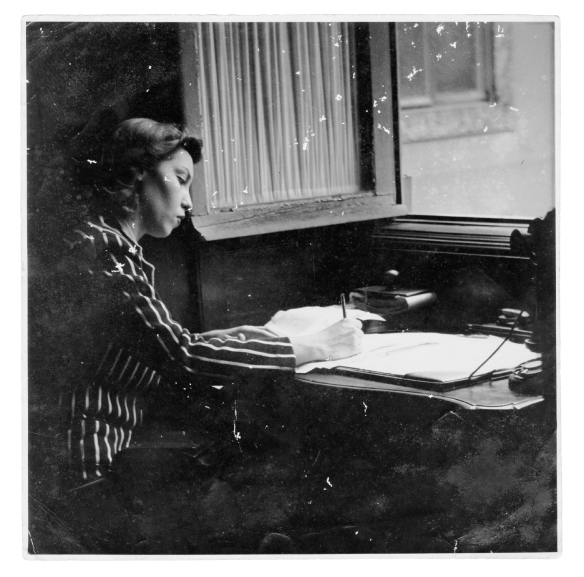
How do you start at the beginning, if things happen before they happen?
The Hour of the Star
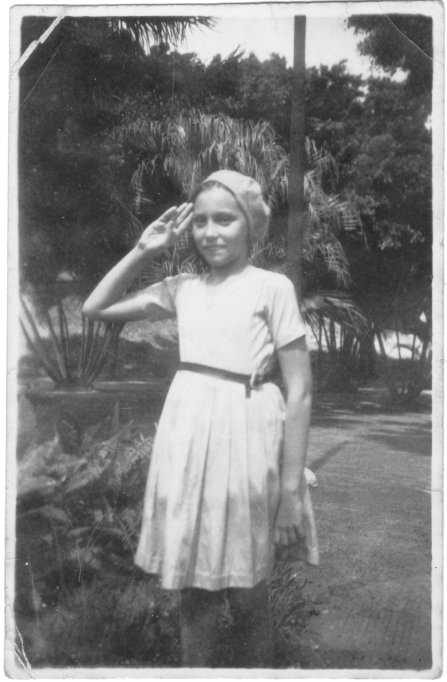
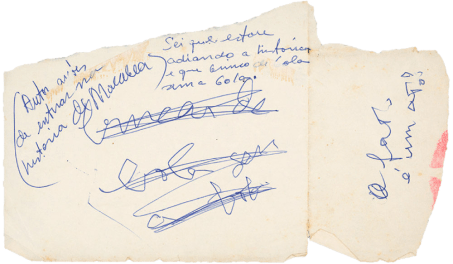
I studied mathematics, which is the madness of reason – but now I want the plasma – I want to eat straight from the placenta.
Água Viva
"A chick," in Discovering the World
What you breed, you do not kill.
"A chick," in Discovering the World
The chicken exists so that the egg can traverse the ages. That's what a mother is for.
“The Egg and the Chicken,” in The Complete Stories

I didn't want my children to see me as the writer-mother, the busy woman, with no time for them. [...] I would sit on a sofa, with a typewriter between my legs, and write. They were young, and could interrupt me at any time. And how they interrupted me.
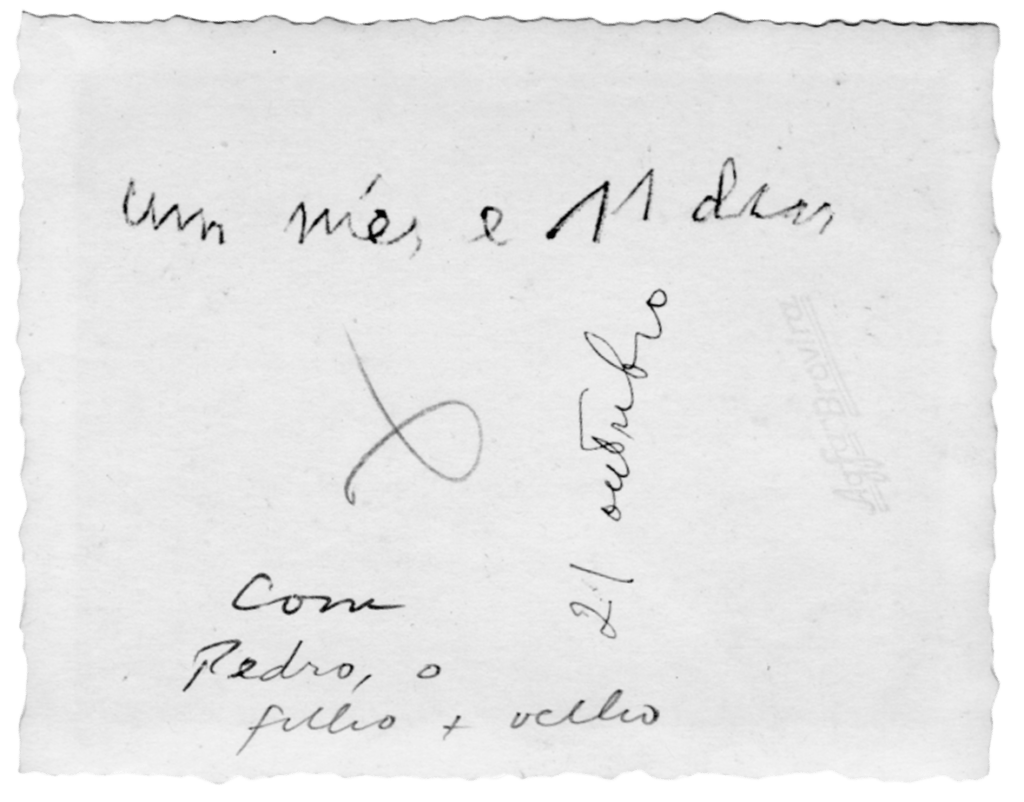
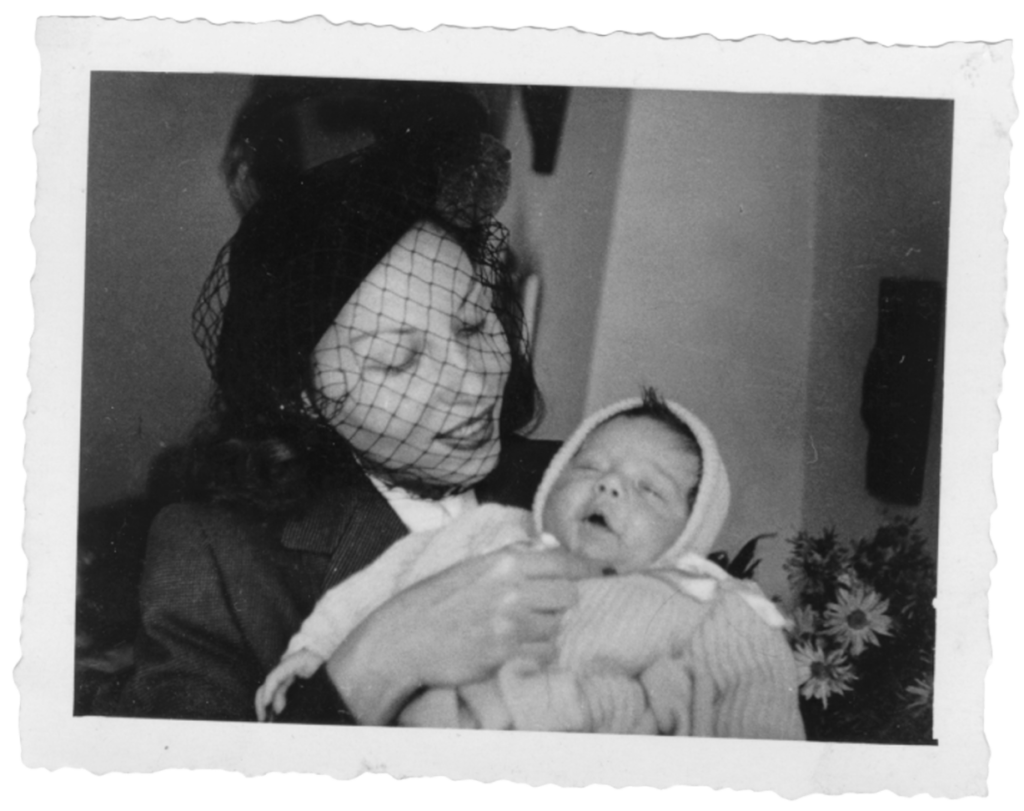
I am a daughter and I am a mother. And I have in me the virus of cruel violence and sweetest love.
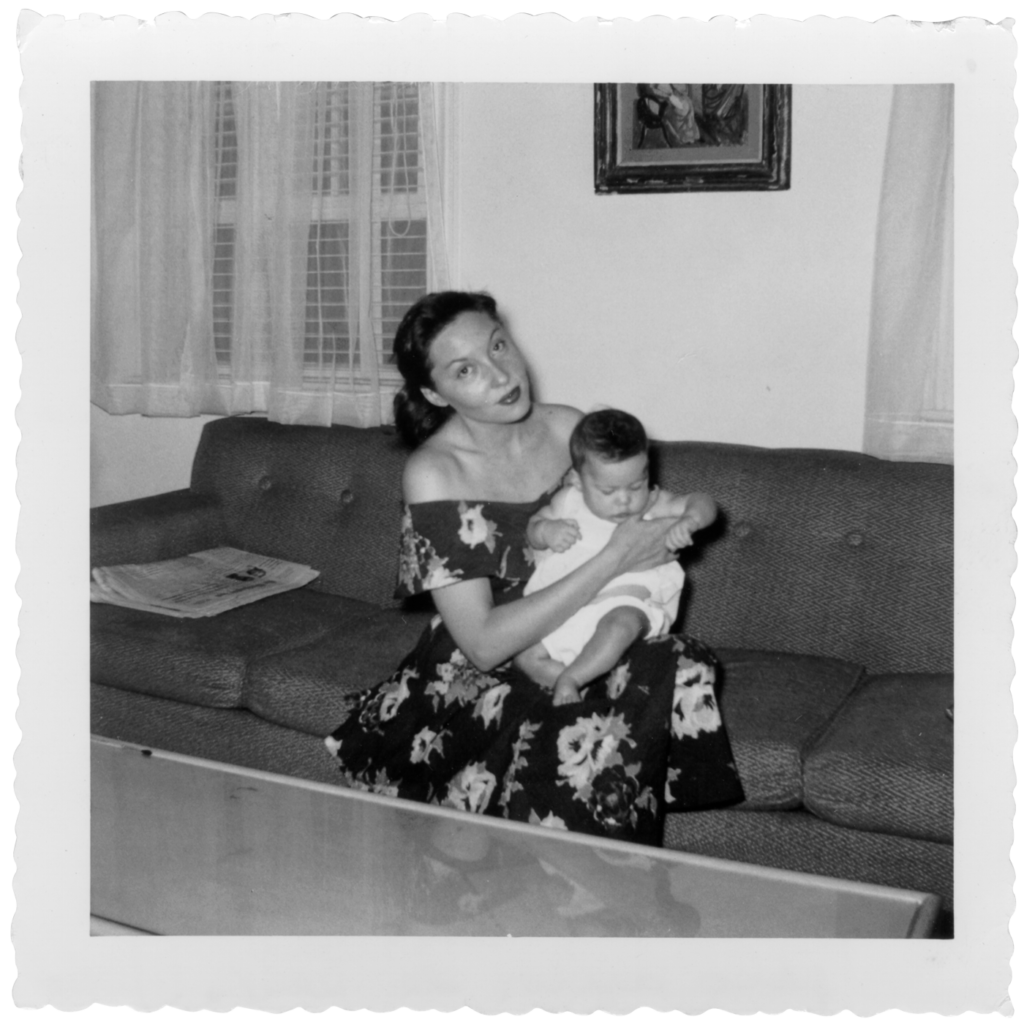
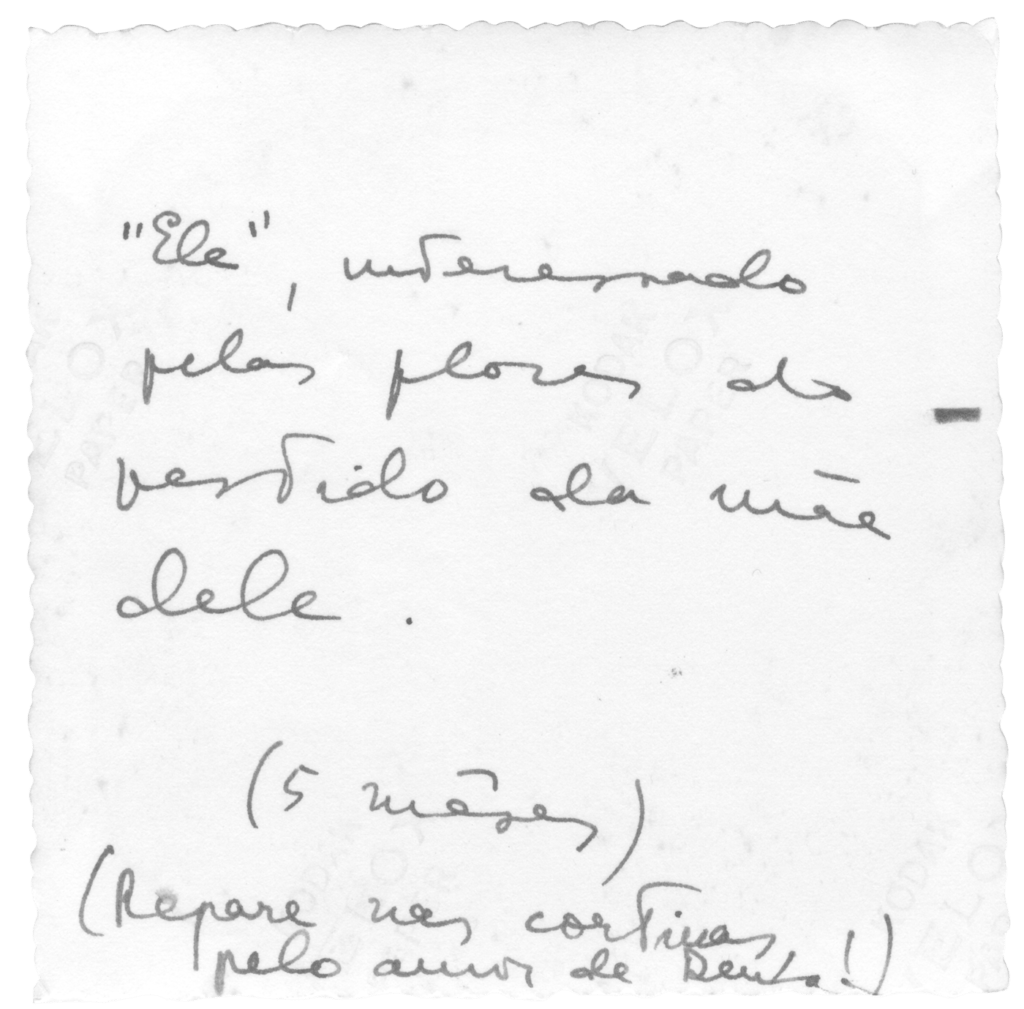
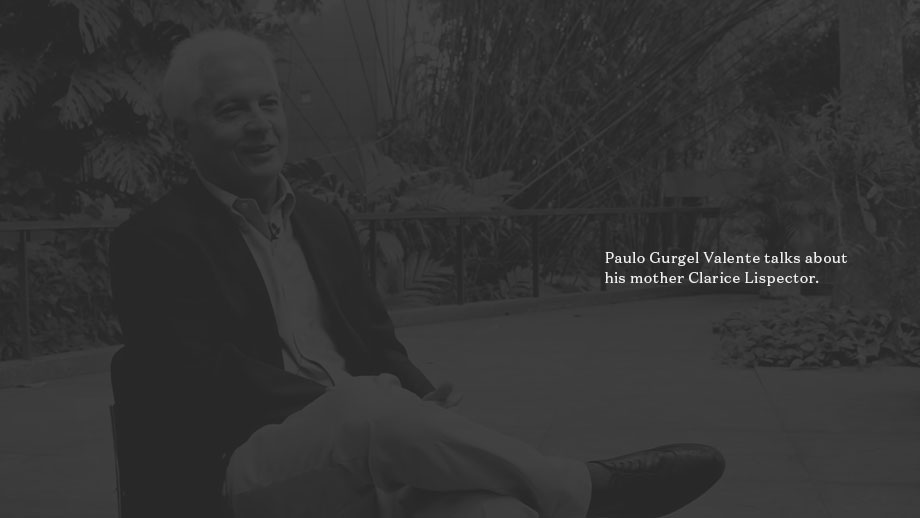
Writing
doesn't make me lose
a little vanity,
I'm not a man.
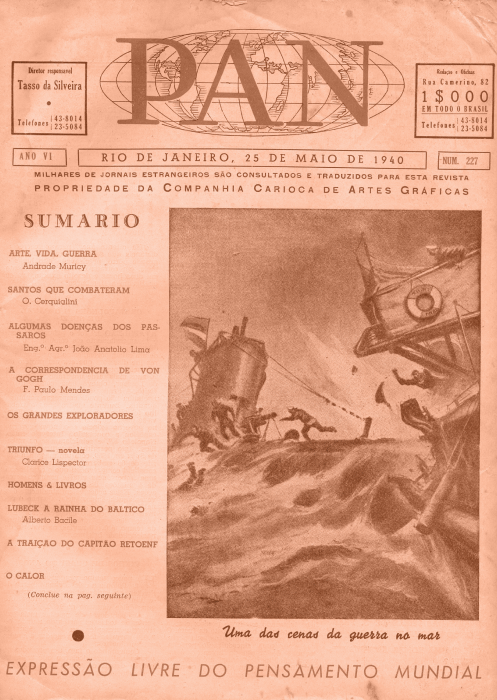
He'd be back. He'd be back. She looked around at the perfect morning, breathing deeply and feeling, almost with pride, her heart beating steadily and full of life. A warm ray of sunshine enveloped her. She laughed. He'd be back, because she was the stronger one.
“The Triumph,” in The Complete Stories
Cover of Pan Magazine (May 25, 1940) which includes in three pages the short story "The Triumph," Clarice's first piece to be published in the press.
Suddenly I saw him and he was such an extraordinarily handsome and virile man that I felt a joy of creation. Not that I wanted him for myself just as I don't want for myself the boy I saw with the hair of an archangel running after a ball. I just wanted to look. The man looked at me for an instant and smiled calmly: he knew how beautiful he was and I know that he knew that I didn't want him for myself. He smiled because he felt no threat at all. Because beings exceptional in any way are subject to more dangers than your average person.
Água Viva
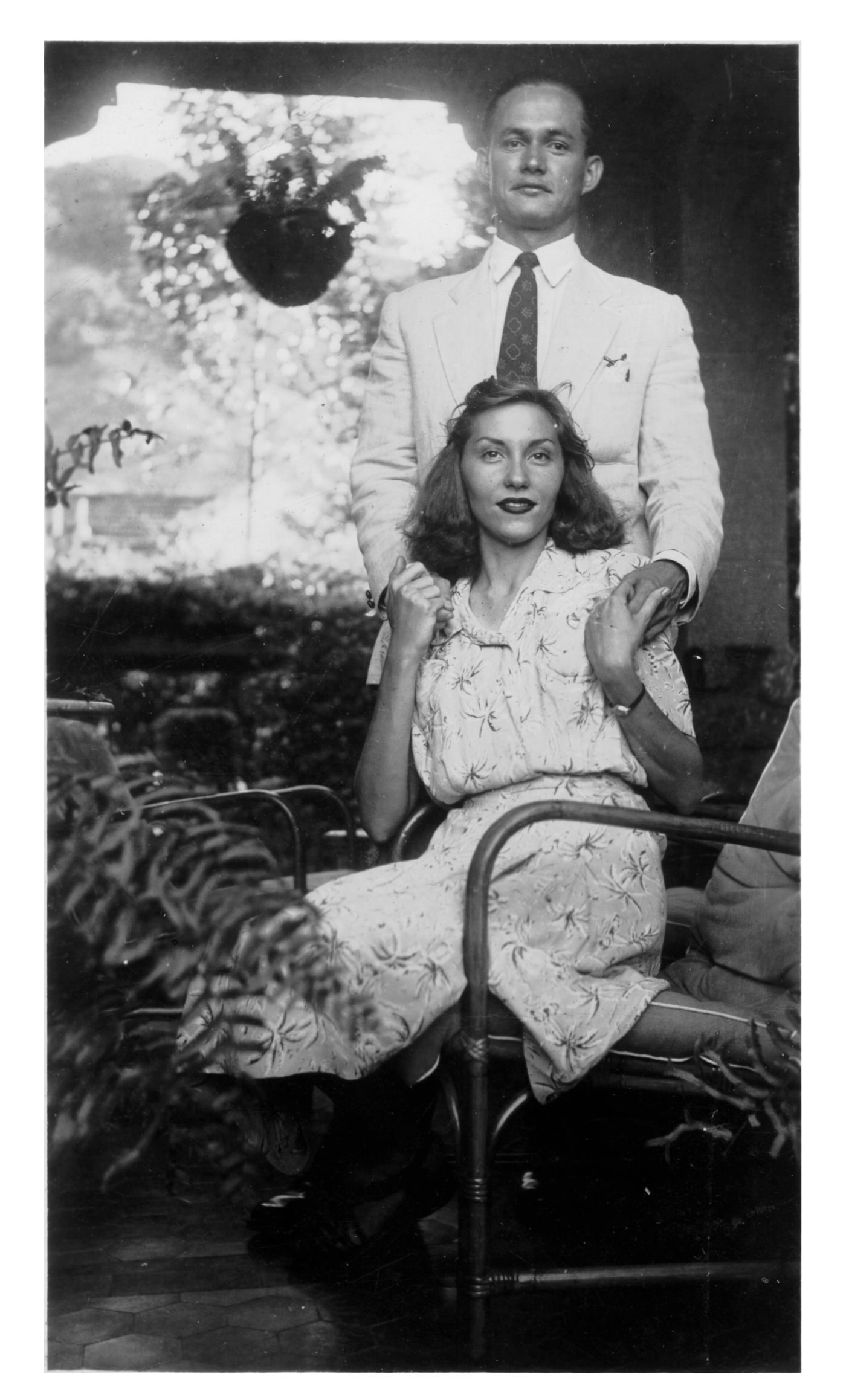
Clarice with her husband, Maury Gurgel Valente
"The Egg and the Chicken," in Complete Stories
Love is the disillusionment of what you thought was love.
“Love,” in The Complete Stories
The hell I had gone through – how can I explain it to you? – had been the hell that comes from love. Ah, people put the idea of sin in sex. But how innocent and childish that sin is. The real hell is that of love. Love is the experience of a danger of greater sin – it is the experience of the mud and the degradation and the worst joy. Sex is the fright of a child.
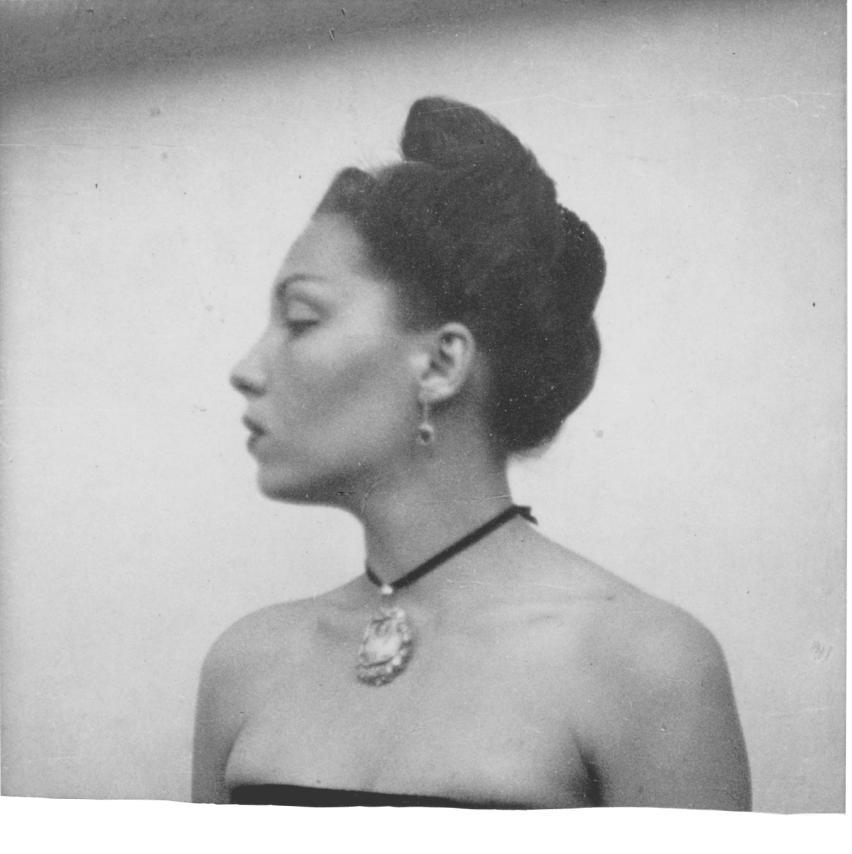
I remembered you, when I kissed your man face, slowly, slowly kissed it, and when the time came to kiss your eyes – I remembered that then I had tasted the salt in my mouth, and that the salt of tears in your eyes was my love for you. But, what bound me most of all in a fright of love, had been, in the depth of the depths of the salt, your saltless and innocent and childish substance: with my kiss your deepest insipid life was given to me, and kissing your face was the saltless and busy patient work of love, it was woman weaving a man, just as you had woven me, neutral crafting of life.
There are people who would volunteer for love, thinking love will enrich their personal lives. On the contrary: love is ultimately poverty. Love is not having.
And as [Love's] parentage is, so also are his fortunes. In the first place ;he is always poor, and anything but tender and fair, as the many imagine him; and he is rough and squalid, and has no shoes, nor a house to dwell in; on the bare earth exposed he lies under the open heaven, in the streets, or at the doors of houses, taking his rest; and like his mother he is always in distress. Like his father too, whom he also partly resembles, he is always plotting against the fair and the good; he is bold, enterprising, strong, a mighty hunter, always weaving some intrigue or other, keen in the pursuit of wisdom, fertile in resources; a philosopher at all times, terrible as an enchanter, sorcerer, sophist.
Plato, in Symposium (translation by Benjamin Jowett):
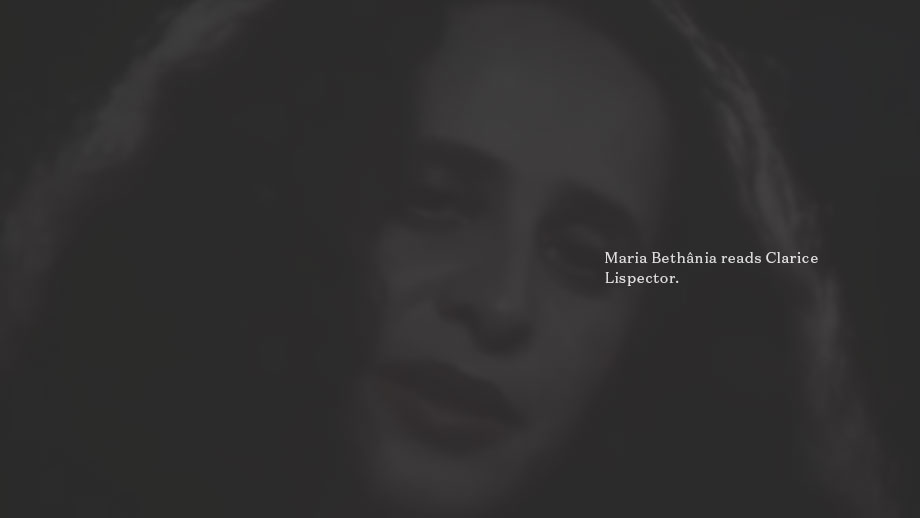
Whoever isn't lost doesn't know freedom and love it.
Água viva
Whoever isn't lost doesn't know freedom and love it.
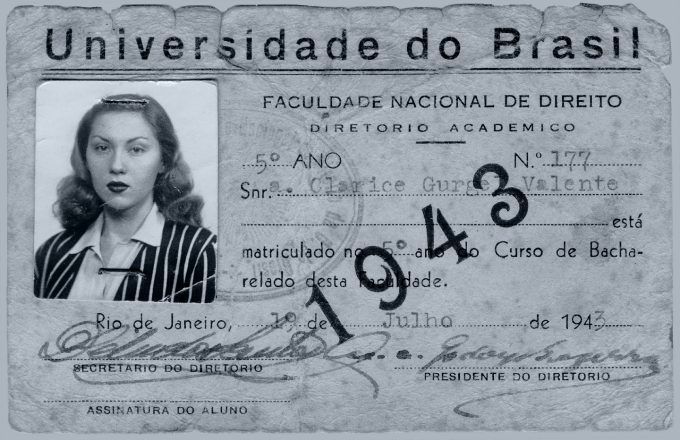
When I was rather young, I was very demanding of personal rights. So, they told me, she'll be a lawyer. And this stuck in my mind. And since I had no guidance whatsoever on what to study, I went and studied law.
“Declarations for posterity,” interview to Museum of Image and Sound, October 20, 1976
Ever since I have come to know myself, the social problem has been more important to me than any other issue: in Recife the black shantytowns were the first truth I encountered. Long before I ever felt "art," I felt the profound beauty of human conflict.
“Literature and Justice,” in The Foreign Legion
If Clarice as an activist is pessimistic and apocalyptical, her texts are optimistic and utopian. “Everything is liable to improvement…”, one reads in the short story “Love.” Clarice's writing is only apparently anti-political. It is highly politicized in the sense that, as in Ernst Bloch's philosophy, it opposes salvation to historical immanence.
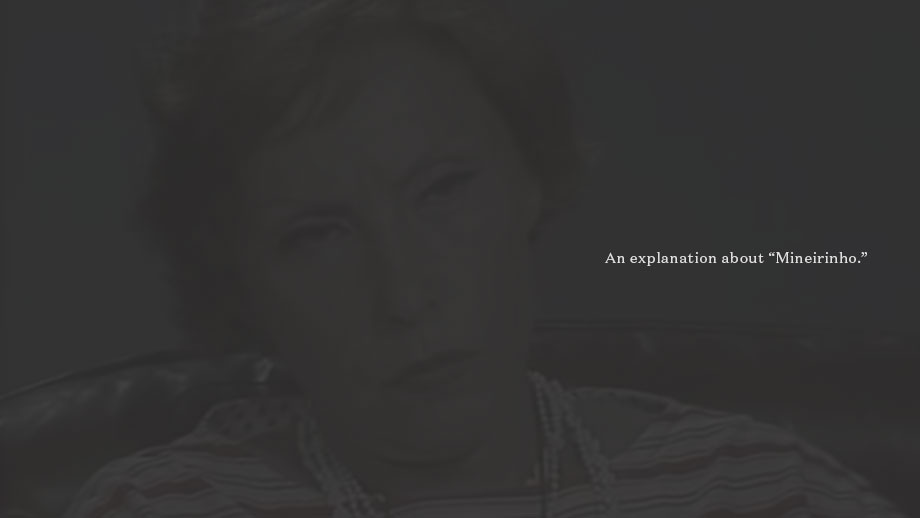
In an interview with journalist Julio Lerner in the year of her death, 1977, Lispector commented on the text about Mineirinho, one of her favorites. And she added her repudiation of the excessive police violence that involved the case: “one bullet was enough. The rest was a desire to kill.” Perhaps one could say that it is this "rest" that moves her writing; that which exceeds the order of strict necessity and overflows the dams that contain us.
